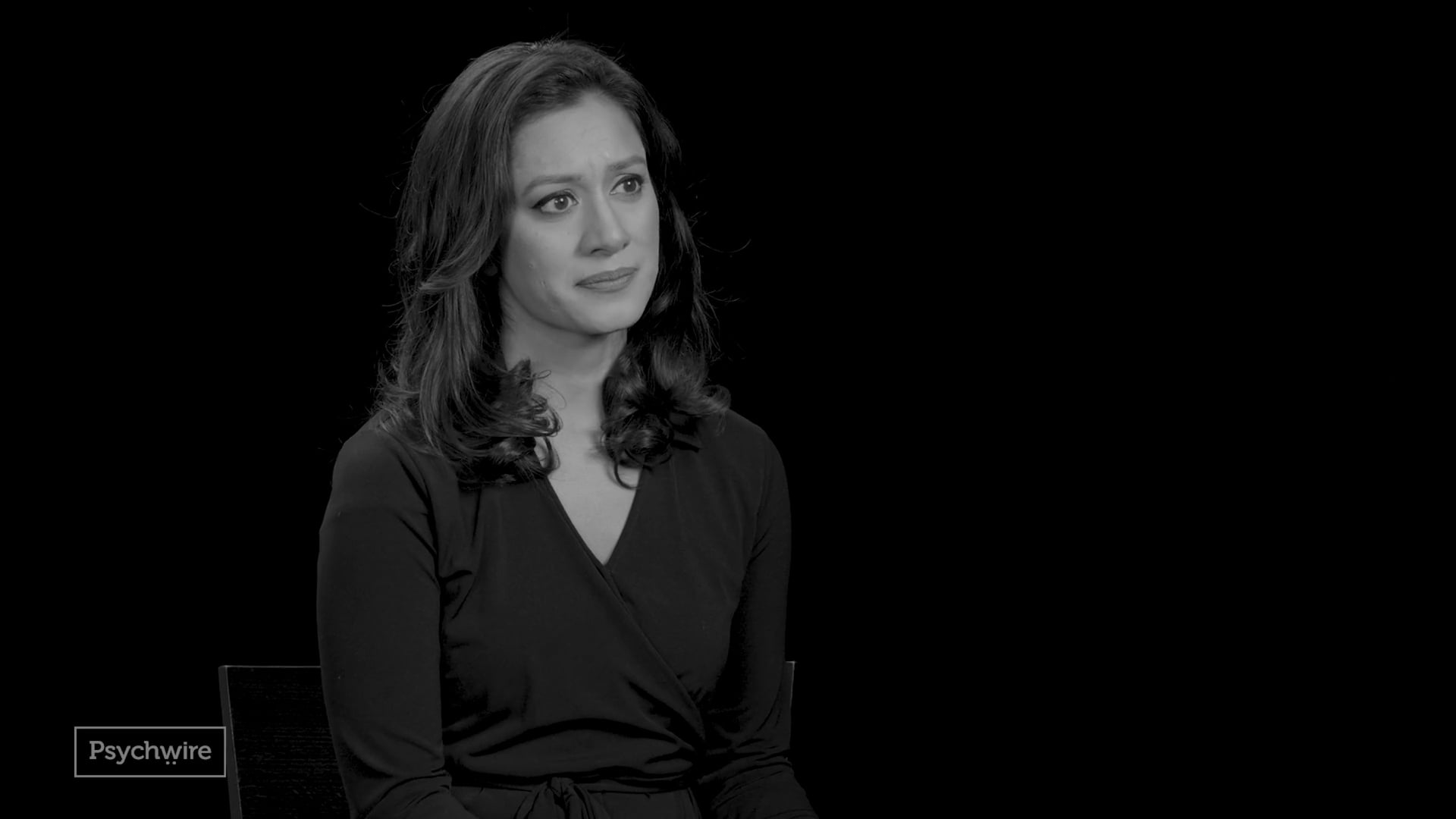
Perinatal Depression Case Example
 CBT for Depression
CBT for DepressionThe topic that I really focus on is maternal depression. So depression in young moms or moms to be. And what we know is that partners can often be a risk factor, or they can be a protective factor. In many parts of India, there are still arranged marriages. And so a woman can go from being a teenager to effectively a woman in a very short period of time. And so it's really about addressing that role transition that happens so rapidly that I think we take for granted here in North America.
I can think of one woman who was married at the age of 21, and she had very, very high depressive symptoms. Her father had just passed away. There was also her being pregnant to a man who wasn't exactly the most supportive individual along with living with his extended family of 8 individuals. And her responsibility on a day-to-day basis was to cook for the family, to clean the house, and basically prepare for their son. This particular woman had depressive symptoms that were in the moderate to severe range, certainly endorsed suicidality.
And a lot of the work was focused on working with the significant other, in this case, the spouse, but also the extended family to help them understand what is depression and what can be done around this woman's depression to help make her feel better. She attended 8 sessions of behavioral activation, 2 of which her significant other had also attended, and her depressive symptoms had remitted. It wasn't enough to know simply what depression is. It was also about learning the tools of identifying one's behaviors, challenging some of those behaviors and incorporating the extended family into the intervention that, in my opinion, helped this woman to resolve some of her depressive symptoms.